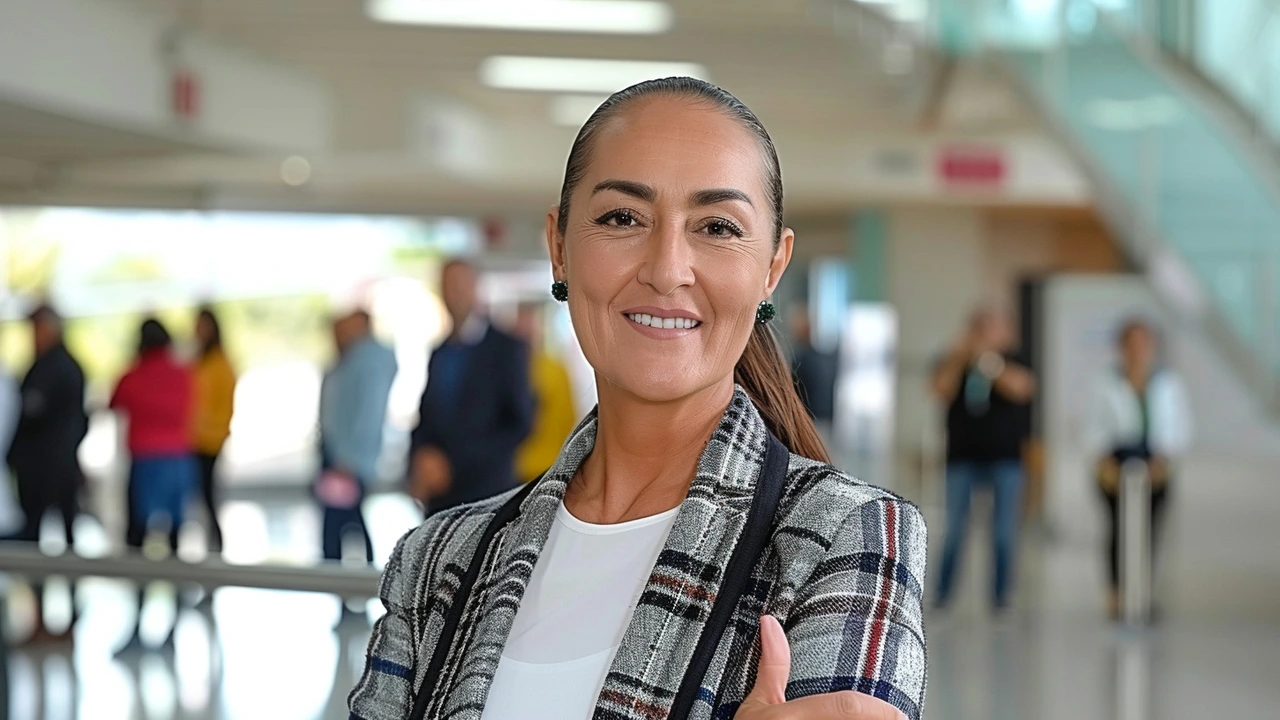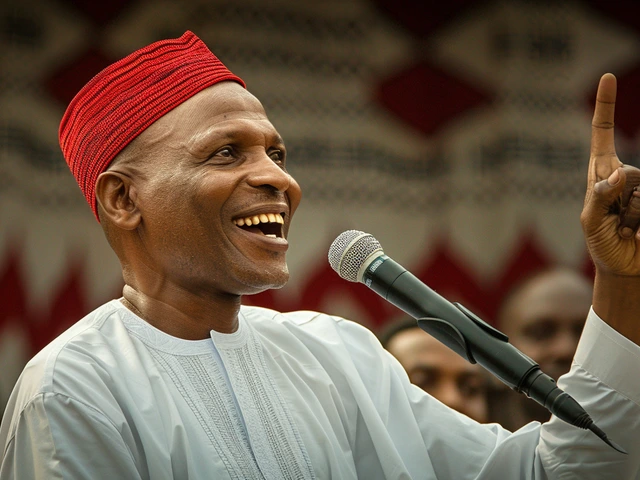First Woman President: Pioneering Leadership in Africa
Being the first woman president in any country is a huge deal. It’s not just about holding office; it’s about smashing glass ceilings and changing mindsets. In Africa, where politics have traditionally been dominated by men, each woman who reaches the presidency becomes a powerful symbol of progress and possibility.
Take a moment to think about what it means for a country when a woman steps into this role. It sends a message that leadership is open to everyone, regardless of gender. This milestone often encourages young girls and women across the continent to dream bigger and aim higher.
Who Are Africa's First Woman Presidents?
Africa has seen some remarkable firsts. Ellen Johnson Sirleaf set a precedent in Liberia by becoming the first elected female president in Africa. She showed the world that women could lead nations through tough times with strength and grace. Her presidency inspired others and helped to break stereotypes about women’s capabilities in leadership.
Since then, other African countries have followed suit, embracing women leaders who bring new perspectives and priorities to the table. These presidents often focus on social issues like education, health, and women's rights, directly impacting the lives of millions.
The Impact of Female Leadership on African Politics
Women presidents don’t just fill the seat; they change the game. They challenge old norms and put fresh emphasis on inclusive policies. Their leadership style tends to be collaborative and community-focused, often fostering peace and stability in regions facing conflict.
We see that countries led by women are more likely to invest in policies that uplift families and reduce inequality. This shift can foster economic growth and social development in powerful ways. It’s not about being better than men but about adding valuable voices to leadership that reflect the true diversity of the population.
For everyday Africans, seeing a woman president can be deeply motivating. It shifts cultural narratives and shows that leadership is not tied to gender but to ability, vision, and commitment.
If you’re curious about the stories behind these trailblazing women, exploring their challenges and wins can offer valuable lessons. They prove that with persistence and support, breaking through barriers is possible, and that leadership in Africa is evolving—one first woman president at a time.

Historic Milestone: Claudia Sheinbaum Elected as Mexico's First Woman President in Landslide Victory
In an unprecedented election, Claudia Sheinbaum has become Mexico’s first woman president. The former mayor of Mexico City garnered between 58% and 60% of the votes, significantly outpacing her rival, Xóchitl Gálvez. Promising to persist with López Obrador's reforms, she aims to address poverty and crime in Mexico.
Categories
- Sports (146)
- Politics (22)
- Entertainment (20)
- World (15)
- News (10)
- Lifestyle (8)
- Business (6)
- Technology (3)
- Health (3)
- Environment (2)
Popular Articles



